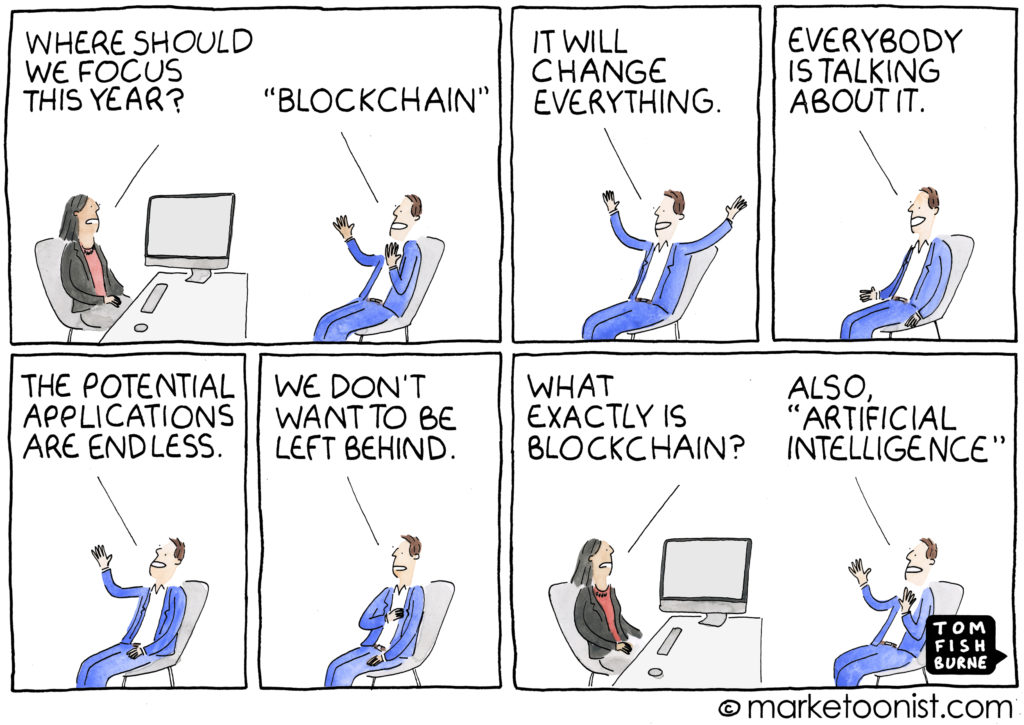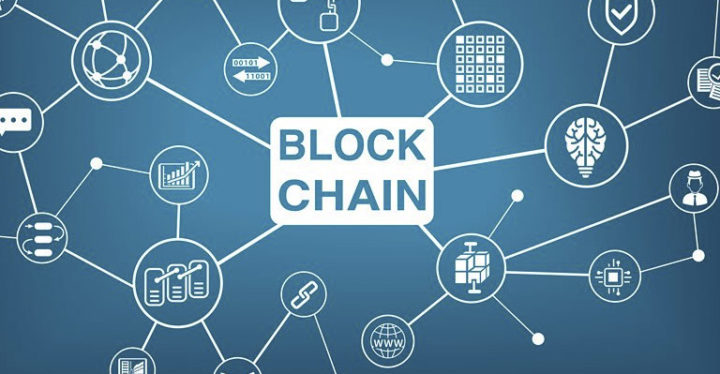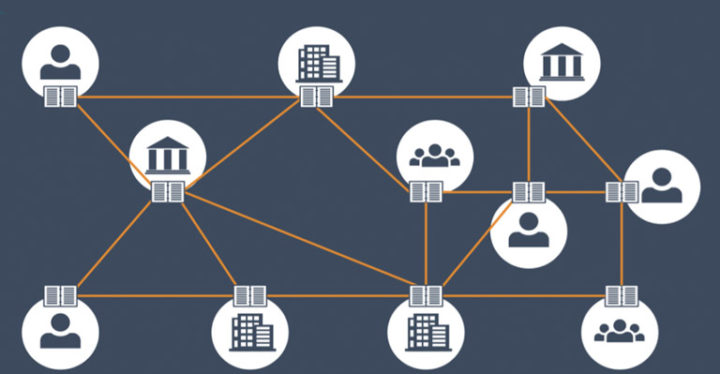June 2019 | Volume 10, Issue 1 | Blockchain Standards |
Blockchain: A Key Enabler for 5G
Blockchain received public attention with the widespread speculative, monetary gains generated by the cryptographically secure digital currencies, normally called crypto-currencies or digital money. Bitcoin and Ethereum are two of the most commonly used crypto-currencies with a market cap of more than $132 billion.
Featured Articles

Letter from the Editor
Emerging Technology and Its Applications Require New Standards
Let’s put aside the question whether Blockchain is a real technology or a passing fad – a hype. The ups and downs of your fortunes in Bitcoin and similar cryptocurrencies in the last couple of years may have clouded your views. Short-term or long-term success, or failure, of cryptocurrencies may depend on the success, or failure, of Blockchain, but it is important to recognize that Blockchain and the Distributed Ledger Technology (DLT) have far greater uses in wide-ranging applications.
One such use of Blockchain is as a key enabling technology of 5G applications. Prof. Chaudhry and Dr. Asad present their research to propose a Blockchain-based Network Slice and Resource Brokerage system to build an open, transparent, and fair 5G ecosystem. They explain the challenges of addressing the massive cooperation required among 5G devices and potential solutions using Blockchain.
Another application of Blockchain is in creating and maintaining decentralized electric grid (Smart Grid). In his article, Dr. Claudio Lima explains the emergence of, and the importance of, DLT Blockchain for the electric utility industry. He uses Open Blockchain Energy (OBE) Architecture Framework, an emerging standard, and associated reference model to classify and categorize application segments in the energy industry and shows that the concept extends well beyond the Smart Grid to the entire energy sector.
(more…)
Funny Pages: BLOCKCHAIN

Call For Contributors
The IEEE Standards Education eZine Editorial Board invites contributions from industry practitioners, educators and students on topics related to education about technical standards. Interested parties may submit an inquiry or article abstract for consideration to the Editorial Board at any time throughout the year via email to: ezine-eb@listserv.ieee.org. Abstracts should be no longer than 500 words and final articles should be no more than 2,000 words.
Particular areas of interest include, but are not limited to:
- TBA
Interested in contributing an article? Please make note of these important dates.
4th Quarter 2019 issue theme: TBA- Articles due: TBA




